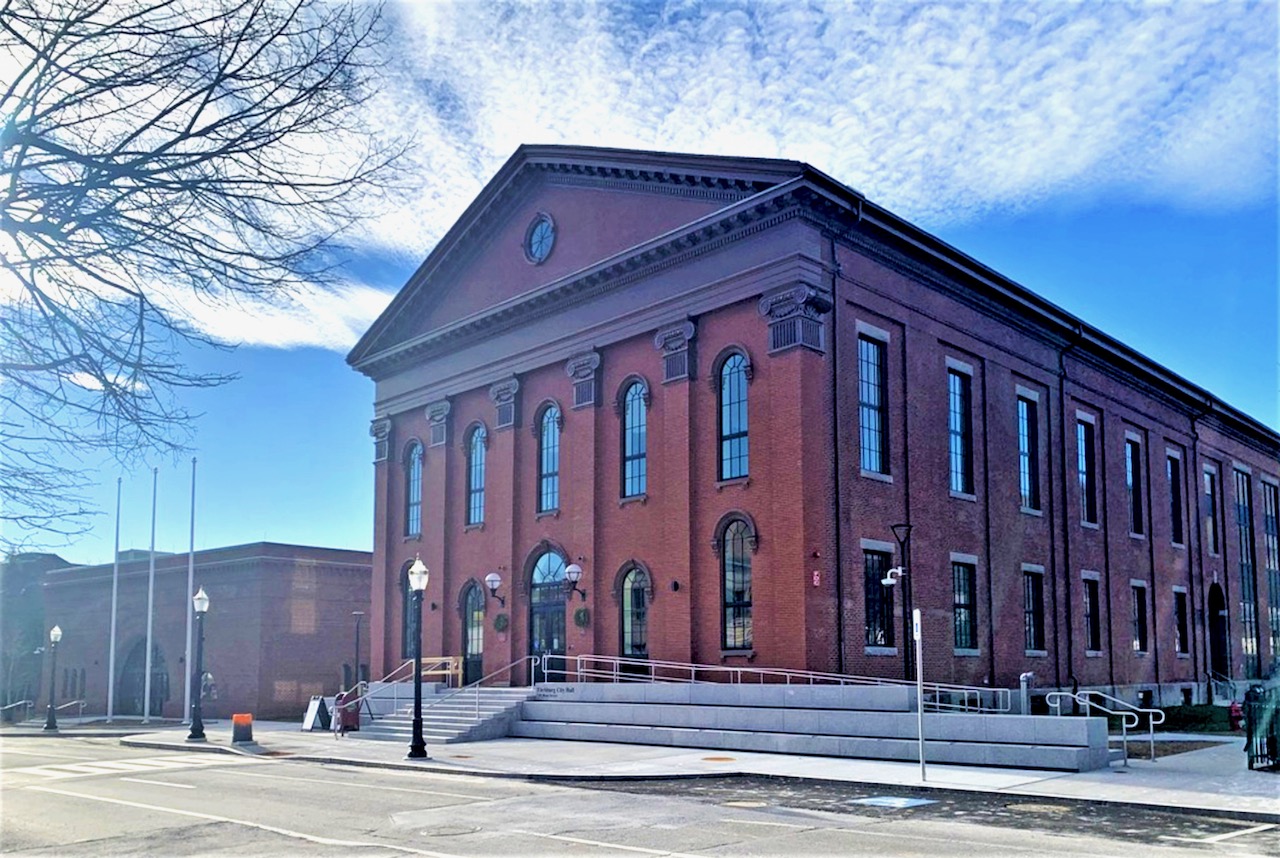In “Walden” Thoreau wrote: One says to me, “I wonder that you do not lay up money; you love to travel; you might take the cars and go to Fitchburg today and see the country.” But I am wiser than that. I have learned that the swiftest traveller is he that goes afoot. I say to my friend, Suppose we try who will get there first. The distance is thirty miles; the fare ninety cents. That is almost a day’s wages. I remember when wages were sixty cents a day for laborers on this very road. Well, I start now on foot, and get there before night; I have travelled at that rate by the week together. You will in the meanwhile have earned your fare, and arrive there some time tomorrow, or possibly this evening, if you are lucky enough to get a job in season. Instead of going to Fitchburg, you will be working here the greater part of the day. And so, if the railroad reached round the world, I think that I should keep ahead of you.
Despite Thoreau’s wonderful supposition, it’s not known if he ever actually walked to Fitchburg. His usually reliable journal makes no mention of such a walk. Yet, Fitchburg played an important role in Thoreau’s life, regardless of how he got there.
Bringing the Fitchburg Railroad through Concord was due to a grassroots effort by the town; in fact, Thoreau’s father John owned a couple of shares in the railroad’s stock. It was Thoreau’s (and everyone’s) direct line from Concord to Fitchburg, and Fitchburg led to other places; indeed, the city was a major hub for several railroad hubs throughout the second half of the 19th Century. Between 1850 and 1860 Thoreau passed through Fitchburg nine times. It was through Fitchburg that he went To Quebec in 1850. In 1856 he passed through on his way to Brattleboro, Vermont. And in 1858 and 1860 he rode the train through Fitchburg on his way to New Hampshire and Mount Monadnock. He also put fugitive slaves onto the Fitchburg line trains and the road to freedom in Canada.
Thoreau lectured in Fitchburg only once, on a cold, snowy evening in February 1857. He took the train on the afternoon of February 3 and read his essay “Walking; or, The Wild” for the Fitchburg Athenaeum that night at 7:30. He returned to Concord the next day.
The Athenaeum was organized in 1852 and was originally a private library that occupied a room in the town hall, which was also built that same year. Lectures were held in the Library room; influential and famous people of the day came to speak and be heard by the locals in Fitchburg. Individuals would buy tickets to attend these public gatherings; the price was generally 10-15 cents/person depending on if you were a male or female (the cheaper price was for women). Besides Thoreau, others who spoke before the Fitchburg Athenaeum were Horace Greeley, Wendell Phillips, and Henry Ward Beecher.
There was one review of Thoreau’s lecture, and it was quite positive:
“This lecture contains more genuine wit, wisdom, and poetry than can be found in whole courses of lyceum lectures. It is the deep, rich outpouring of the author’s life and genius, and not something got up for the occasion. I do not believe literature furnishes an instance of a greater nearness to nature of a more unreserved and successful devotion to wisdom, than is found in this writer. It is almost as though nature herself spoke through him.”
Today, the Fitchburg City Hall is still the center of the city’s political and civic life. While the main building that Thoreau lectured in still exists, many changes and additions have been made to the structure since 1857.
Photo courtesy of Colliers Project Leaders

